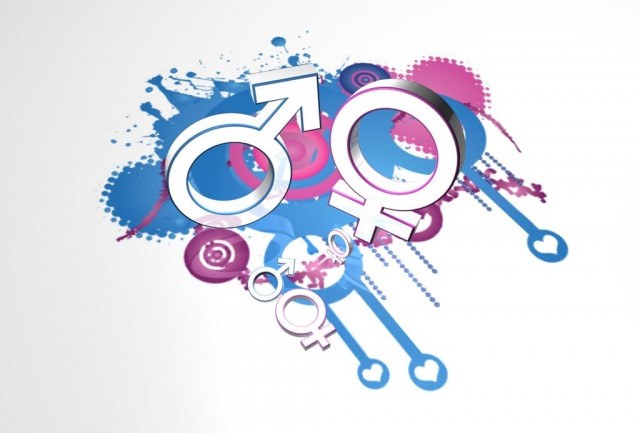Hits and misses: Developments indicate better days for women’s rights
National Commission on Status of Women holds seminar to list achievements and challenges.

Discussing Sindh, experts shared that enrolment of girls in schools is going up and there is an increased focus on funding female literacy projects. PHOTO: FILE
Somewhere in Pakistan, a woman is struggling to get a CNIC, but NADRA only accepts a biometric system of identification whereby her thumb must be scanned. Her thumbs are too chafed due to constant work in agricultural fields with sickles.
Another woman in Pakistan is sucked into an armed conflict situation. Her son is taken away at a tender age by people she knows will misuse him, but when it comes to the peace process, her opinion is not taken into account. At another location in Pakistan, a jirga of men sits and decides a woman's fate, while other women who are members of the community cannot share their perspective
The questions and issues are multiple. The achievements, challenges and opportunities in this regard were discussed recently at the one-day Provincial Consultation of Sindh for the State Report on Beijing+20. Held on February 21, it was organised by the National Commission on Status of Women (NCSW), Shirkatgah and Rozan. It aimed at involving all stakeholders including NGOs, parliamentarians and activists.
NCSW is leading the process of compiling the State Report on Beijing Plan for Action, which is an agenda for women's empowerment. In this, NCSW is being co-facilitated by Shirkatgah and Rozan.
Beneath a whole lot of jargon that development sector professionals typically use, the underlying idea was resounding: what will it take for humanity to realise that salvation, progress and development are all clutched tight in the fist of one single solution - empowering the mother, the daughter, the wife, the sister. It is a little difficult for a journalist to understand what it exactly means by "best practice" and how can a 100 plus people know all the UN resolutions and Pakistan's legislations regarding women by heart. Yet, the sincerity is obvious in such meets. And a lot of good is coming out of them.
Just talking of Sindh, experts shared that girl-child enrolment in schools is going up. There is an increased focus on funding for female literacy projects, including women with minor disabilities. The Domestic Violence Act and laws pertaining to acid burning, as well as the anti-women practices acts are promising. There is increasing talk of involving women in peace processes as equal stakeholders, even if they are unaware that UN Resolution 1325 requires us to do it. Land allotment schemes are tilting towards including female peasants as small land-holders.
Yet, as discussed in presentations given by the many groups that had been given different topics pertaining to women's empowerment, there are many ifs and buts. For example, when talking of the encouraging presence of women in the field of media, it was pointed out that the growth of women in this field should not be only horizontal but also vertical, whereby more women in media should be in decision-making key positions. It was discussed that the UN Declaration on the Elimination of Violence against Women stated 20 years ago that "violence against women is an obstacle to the achievement of equality, development and peace". Much remains to be achieved but it appears that Pakistan is at least on the journey towards a better future for its women.
Published in The Express Tribune, February 23rd, 2014.



















COMMENTS
Comments are moderated and generally will be posted if they are on-topic and not abusive.
For more information, please see our Comments FAQ